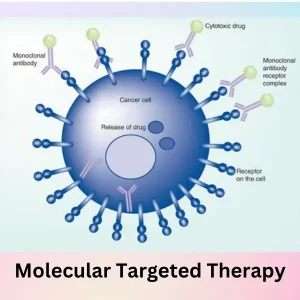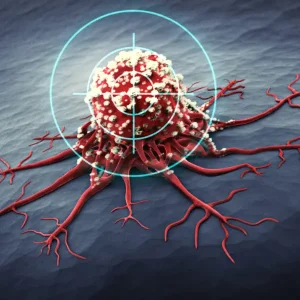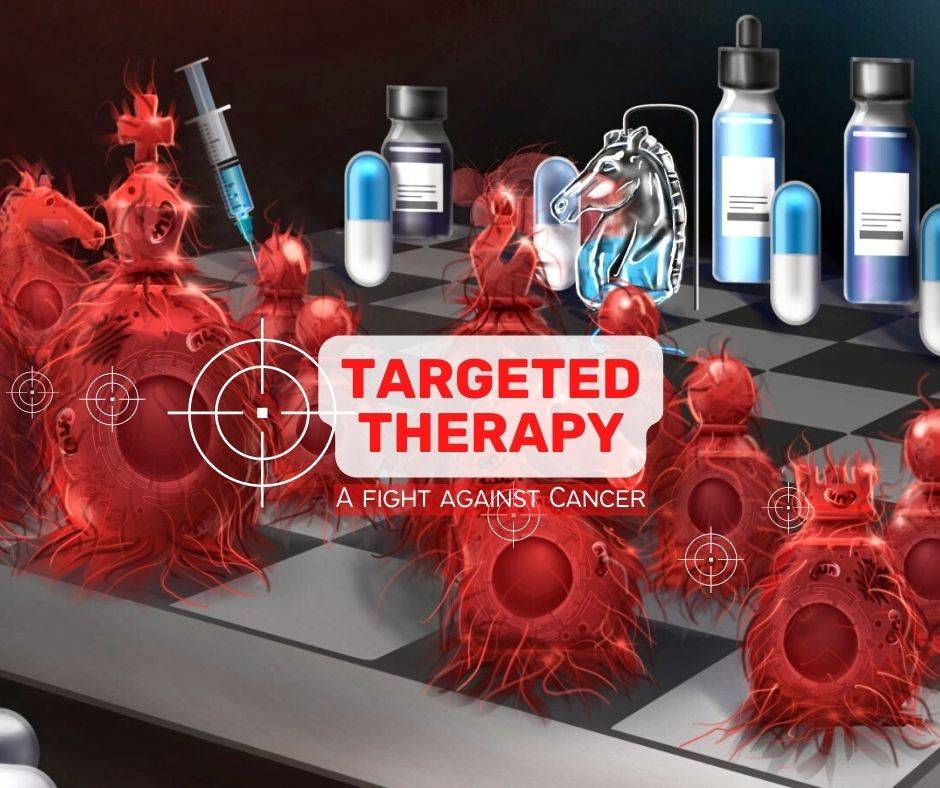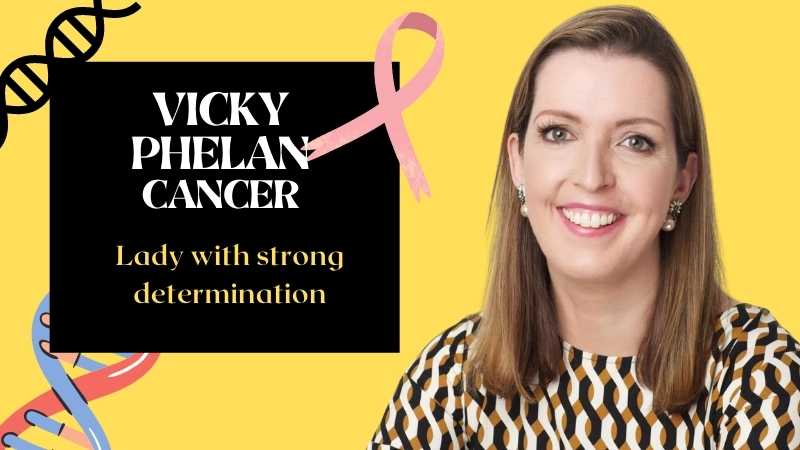“Targeted Therapy: Targeting Cancer Treatment for Maximum Effectiveness.”
A Revolutionizing Cancer Treatment
Cancer is a devastating diagnosis, but thanks to advances in targeted therapy, it no longer has to be a death sentence. Targeted therapy is revolutionizing cancer treatment, offering hope to those who have been diagnosed with the disease.
It is a type of cancer treatment that uses drugs to target specific molecules involved in the growth and spread of cancer cells.
This type of therapy is designed to attack cancer cells while leaving healthy cells unharmed. By targeting the specific molecules that cause cancer, targeted therapy can be more effective than traditional treatments such as chemotherapy and radiation.
This therapy is also less invasive than traditional treatments. It can be administered orally or intravenously and does not require surgery or radiation.
This makes it a much more attractive option for those who are not able to undergo more invasive treatments.
This therapy is also more cost-effective than traditional treatments. It is often less expensive than chemotherapy and radiation and can be used in combination with other treatments to maximize its effectiveness.
Different Types of Targeted Therapy
 There are several different types of targeted therapy available:
There are several different types of targeted therapy available:
- Monoclonal antibodies are one type of targeted therapy. These drugs are designed to recognize and attach to specific molecules on the surface of cancer cells. Once attached, the drug can block the growth and spread of cancer cells.
- Small Molecule Inhibitor: These drugs are designed to block the activity of certain proteins that are involved in the growth and spread of cancer cells. By blocking these proteins, the drugs can stop cancer cells from growing and spreading.
- Immunotherapy is another type of this therapy that uses the body’s immune system to fight cancer.
- Gene therapy uses genetic material to target cancer cells. This type of therapy works by introducing genetic material into the cancer cells that will cause them to die.
With the right treatment plan, this therapy can help you fight cancer and improve your quality of life.
Benefits of Targeted Therapy for Cancer Treatment
Targeted therapy is designed to target cancer cells while leaving healthy cells unharmed.
The benefits of targeted therapy are numerous.
1. Greater Precision: Targeted therapy is a more precise form of treatment than traditional chemotherapy because it targets specific molecules associated with cancer. This means that it is more likely to be effective in treating specific types of cancer and also less likely to cause harmful side effects.
2. Increased Potency: Targeted therapy is designed to be more powerful and effective than traditional chemotherapy because it focuses on attacking the cancer cells at a molecular level. Its enhanced potency makes it a promising option for treating advanced–stage and hard–to–treat cancers.
3. Fewer Side Effects: Targeted therapy is less likely to cause harmful side effects because it focuses on attacking specific cancer cells, rather than attacking healthy cells in the body. This means that it has fewer side effects and can be more tolerable than traditional chemotherapy.
4. Improved Quality of Life: Targeted therapy can lead to an improved quality of life for patients by reducing fatigue, nausea, and other common side effects associated with traditional chemotherapy. This can help patients to remain active and engaged in their treatment and maintain a good quality of life.
5. Fewer drug interactions – Unlike traditional chemotherapy, which can interact with other medications a patient is taking, targeted therapy is much less likely to cause drug interactions. This makes it a safer option for patients.
Targeted therapy is an inspiring treatment option that can help people with cancer live longer, healthier lives. It is an expensive treatment, but it can be worth the cost for those who need it.






